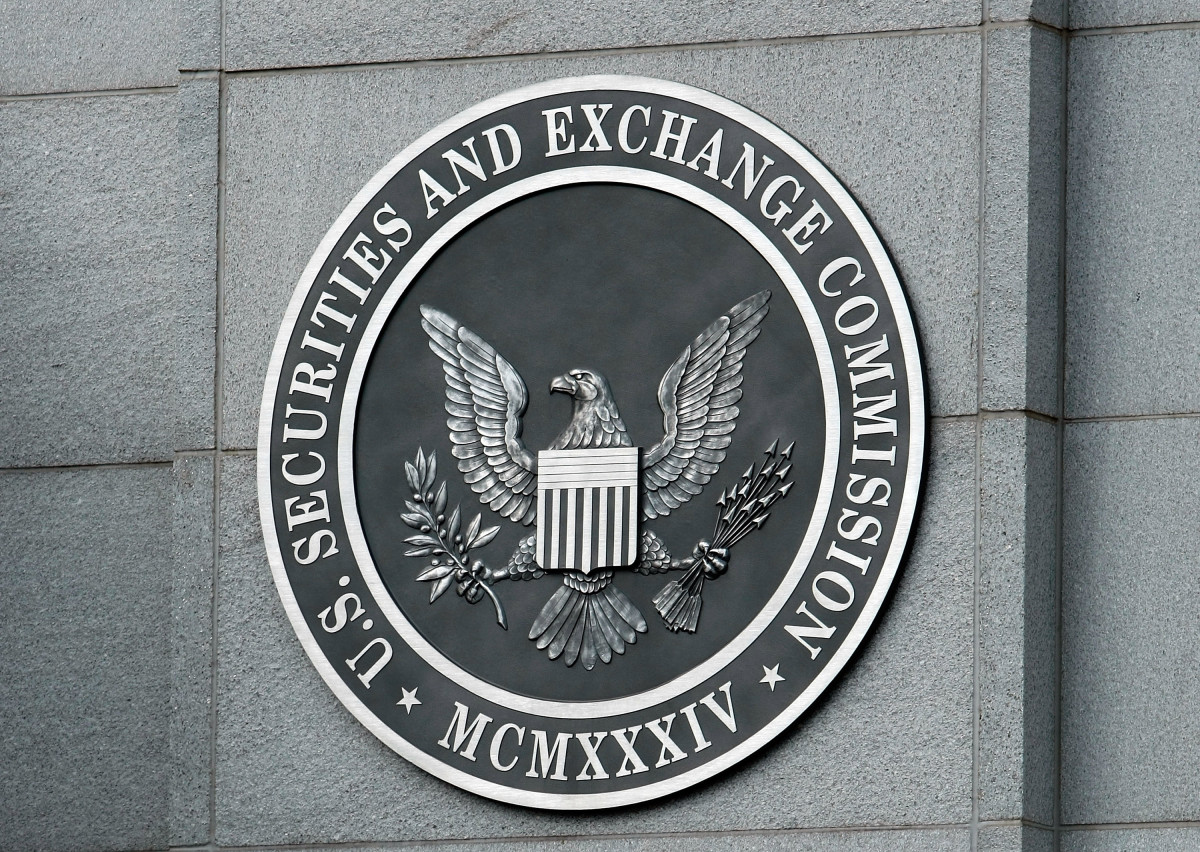There is no doubt that we are fast approaching (indeed, due to early voting already in the midst of in a sense) one of the most consequential elections of our lifetimes. Yes, you can say that about any presidential election, but the stakes just feel higher this time around. Whether it is because of the COVID-19 pandemic, or the ongoing economic uncertainty, or the extreme partisanship that always seems to be roiling both D.C. and the general electorate, it is not an overstatement to say that America itself hangs in the balance. As a first-generation American — the son of refugees who were forced to flee their birth country at a young age due to religious persecution — I will never take the blessing of the democratic vote for granted. And I know that many of my fellow Americans feel the same way.
No matter your personal political beliefs, it is important that we do our utmost to respect those of a different ideological bent. Even if the only time we really think with any rigor about political issues is every four years around a political election. For those with more of an interest in politics, various content sources are available for real-time, in-depth consideration of political issues online, each geared toward an audience of varying degrees of partisan fervor. On the short list of relevant websites in that regard is the Daily Kos, which caters primarily to a progressive audience, but is also a must-read for principled conservatives interested in getting an informed progressive perspective on the issues of the day.
Considering the timing of things relative to the election, I am extremely pleased to present to this audience a written interview I did with David Nir, Daily Kos’ political director — who happens to be a former patent litigator. During my Biglaw days, I had the pleasure of working closely with David on a major patent case that ultimately went to trial and appeal. Thoughtful, professional, and intellectually creative, David was a pleasure to work with as part of a joint defense group in that case, and I have long been pleased to see how he has been harnessing his considerable talents for a broader audience with his work at the Daily Kos. After taking his undergraduate degree from Yale, David attended Georgetown Law, followed by stints as a patent litigator at both Morgan Lewis and Ward & Olivo. From there it was off to the Daily Kos, where he blogs, oversees the site’s election coverage, and runs the influential candidate endorsement program. Despite his heavy workload, David was kind enough to agree to this interview, which I am honored to present to this audience.
As usual, I have added some brief commentary to David’s answer below but have otherwise presented his answer to my question as he provided it.
GK: How has your litigation experience come into play in your current work at Daily Kos?
DN: If you cover elections, you inevitably find yourself covering election law, and 2020 has demonstrated that to an unprecedented degree. Given the massive flood of election-related litigation this year brought on by the pandemic, I’m grateful every week for everything I learned in law school and as an attorney because my experience has been invaluable in explaining thorny legal topics to readers who by and large don’t have that sort of background.
The topics range from gerrymandering to voter ID laws to election procedures to ballot access and so much more. To pick a recent example, the state of Minnesota has a law on the books that requires elections to be postponed if a candidate dies. But that likely runs afoul of a federal law — that dates to the 1870s — setting a specific date in November for congressional elections. A good analyst therefore needs to describe a concept like pre-emption without jargon in a way accessible to lay readers. When this issue arose last month, we immediately grasped this conflict of laws and elucidated it for our audience, several days before one of the remaining candidates filed suit making this exact argument (a federal judge agreed with her and reinstated the election for November).
While I worked in the field of intellectual property litigation, most substantive sorts of issues you see in election law of course did not come up. But the knowledge of procedure that I gained on the job has been vital, like the significance of surviving a motion to dismiss, or what it means when a court decides to hear a case en banc, or how an administrative stay differs from a traditional stay. These sorts of details are often not well-explained in most legal reporting, but they can play an unseen yet important role in how cases unfold.
GK: David’s answer is a reminder that one of the underrated skills developed by IP litigators is often their knowledge of Federal Court procedure. Because at bottom — despite our focus on IP issues — we are federal court litigators, who are often lucky enough to have experience working in district courts nationwide. In addition, patent lawyers are generally experienced in dealing with local patent rules, which command attention to procedure in a way that other forms of litigation may not demand. It is interesting to hear how that sensitivity to procedural issues has spilled over into David’s current work, even as the focus has shifted for him toward election law from IP.
Next week, we will hear from David about how the skills he developed as a patent litigator have served him well in his current role, as well as about what he misses most about life as a patent litigator.
Please feel free to send comments or questions to me at gkroub@kskiplaw.com or via Twitter: @gkroub. Any topic suggestions or thoughts are most welcome.
Gaston Kroub lives in Brooklyn and is a founding partner of Kroub, Silbersher & Kolmykov PLLC, an intellectual property litigation boutique, and Markman Advisors LLC, a leading consultancy on patent issues for the investment community. Gaston’s practice focuses on intellectual property litigation and related counseling, with a strong focus on patent matters. You can reach him at gkroub@kskiplaw.com or follow him on Twitter: @gkroub.





 Kathryn Rubino is a Senior Editor at Above the Law, and host of
Kathryn Rubino is a Senior Editor at Above the Law, and host of 




 Jordan Rothman is a partner of
Jordan Rothman is a partner of 





